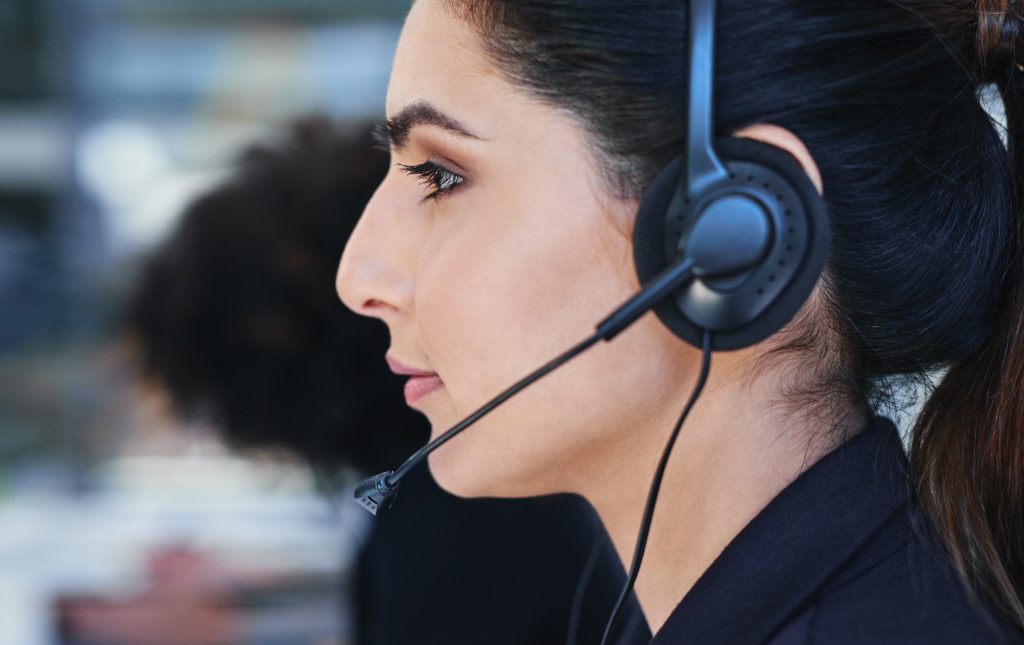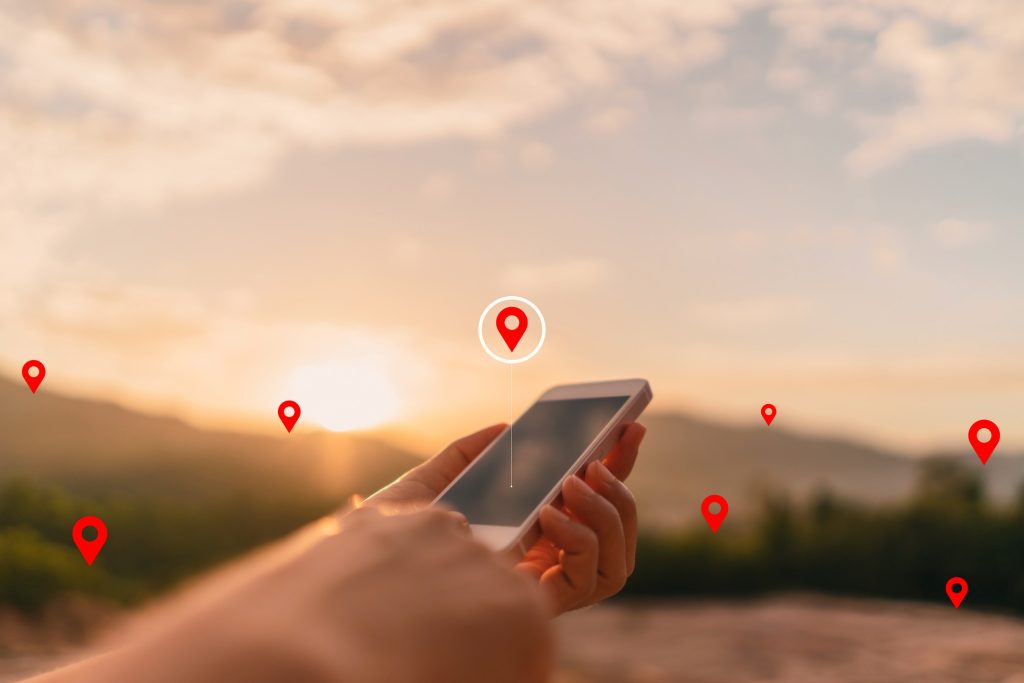
When faced with an emergency, dialing 911 is often the first step toward seeking help. While operators are trained to handle stressful situations, the way you respond and communicate during the call can significantly affect the assistance you receive. To ensure quick and efficient help, here are 10 things 911 operators wish you wouldn’t do during an emergency—and how you can maximize their ability to assist.
1. Don’t Call Without an Emergency
One of the biggest challenges 911 operators face is handling non-emergency calls that clog the system. Avoid calling 911 for minor inconveniences like noisy neighbors or parking disputes. Misusing emergency lines delays response times for people who truly need urgent help. For non-emergency situations, contact local authorities or use designated non-emergency numbers.
2. Don’t Hang Up If You Call by Accident
Accidental calls to 911 happen, but hanging up can complicate matters. Operators often try to call back to confirm whether there’s an emergency, potentially wasting valuable time. If you dial accidentally, stay on the line and explain the mistake so they can clear the call and focus on real emergencies.
3. Don’t Yell or Become Hostile
While emergencies are stressful, yelling or becoming hostile with the operator only makes communication more difficult. Operators need clear and calm information to assess the situation and dispatch help effectively. Take a deep breath and focus on answering their questions as calmly as possible.
4. Don’t Ignore Their Questions
911 operators ask specific questions to determine the nature of the emergency, prioritize resources, and ensure responders have the information they need. Avoid giving vague answers or ignoring their instructions. Clear, direct responses enable faster and more accurate assistance.
5. Don’t Call Someone Else’s Emergency “Unimportant”
If you’re reporting an emergency for someone else, never downplay its seriousness, as operators rely on your description to assess the urgency. For example, saying, “It’s probably not a big deal” might cause delays in sending help. Provide objective facts and let the professionals decide how to proceed.
6. Don’t Assume They Know Your Location Automatically

Although modern technology can often trace calls, location data isn’t always precise—especially if you’re calling from a mobile phone or remote area. Clearly state your location, including landmarks or cross streets, to help responders find you quickly. Being proactive about this information saves crucial time.
7. Don’t Interrupt When They’re Giving Instructions
Operators often provide step-by-step instructions on what to do while waiting for responders. Interrupting or disregarding these directions can jeopardize safety. For instance, ignoring guidance on performing CPR or evacuating a hazardous area may worsen the situation. Follow their instructions carefully until help arrives.
8. Don’t Keep Details to Yourself
Some callers hesitate to share critical information due to fear or embarrassment. However, withholding details—such as the presence of weapons, medical conditions, or specific hazards—can put both responders and yourself at risk. Be honest and thorough when describing the situation to ensure everyone’s safety.
9. Don’t Call Multiple Times for the Same Incident
Repeated calls for the same emergency can overwhelm operators and delay responses for other callers. Once you’ve reported the situation, trust that help is on the way. If you’re unsure about response times, ask the operator for clarification instead of redialing.
10. Don’t Leave the Line Too Soon
Disconnecting before the operator has all the necessary information can hinder efforts to assist you. Stay on the line until they confirm that responders have everything they need. If it becomes unsafe to remain on the call, communicate this clearly before ending the conversation.
Maximizing Emergency Response
911 operators are there to guide you through emergencies, but how you engage with them can make all the difference. By avoiding these common missteps and following their instructions, you can ensure faster and more effective assistance. Preparation and communication are key to navigating emergencies with confidence.
Have you ever made a 911 call? Share your experiences and tips for handling emergency calls in the comments below!
Read More:
12 Things You Should Always Have in Your Emergency Kit
5 Everyday Items That Could Save Your Life in an Emergency

Latrice is a dedicated professional with a rich background in social work, complemented by an Associate Degree in the field. Her journey has been uniquely shaped by the rewarding experience of being a stay-at-home mom to her two children, aged 13 and 5. This role has not only been a testament to her commitment to family but has also provided her with invaluable life lessons and insights.
As a mother, Latrice has embraced the opportunity to educate her children on essential life skills, with a special focus on financial literacy, the nuances of life, and the importance of inner peace.
